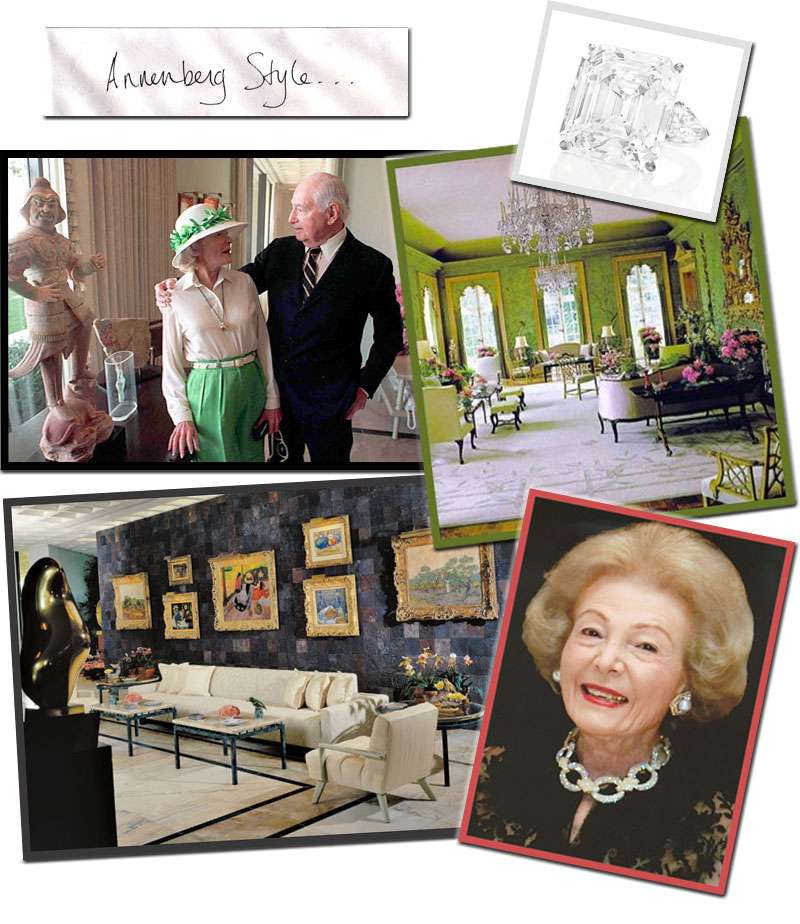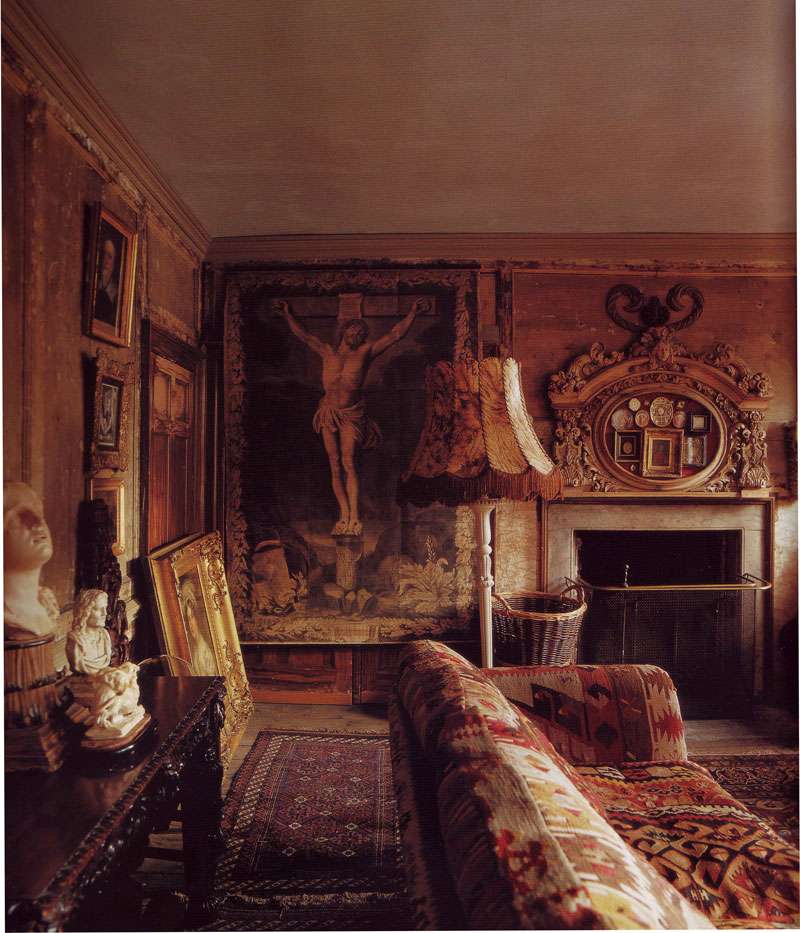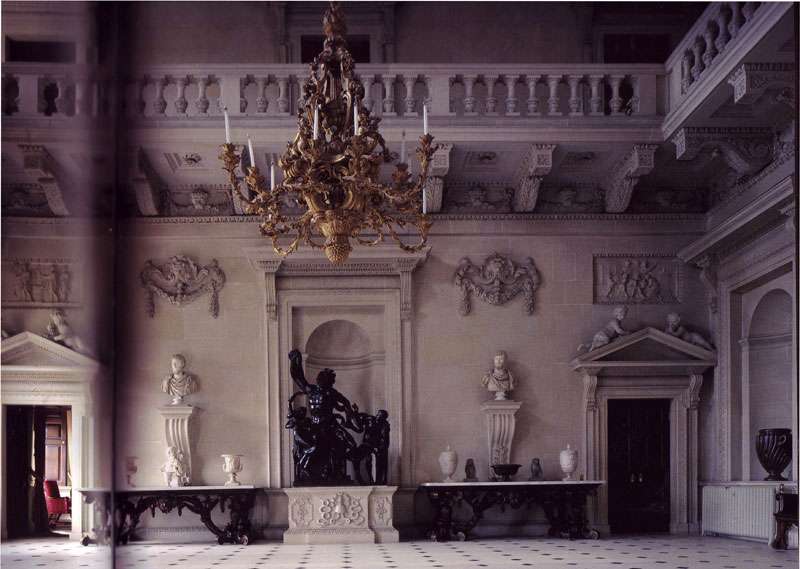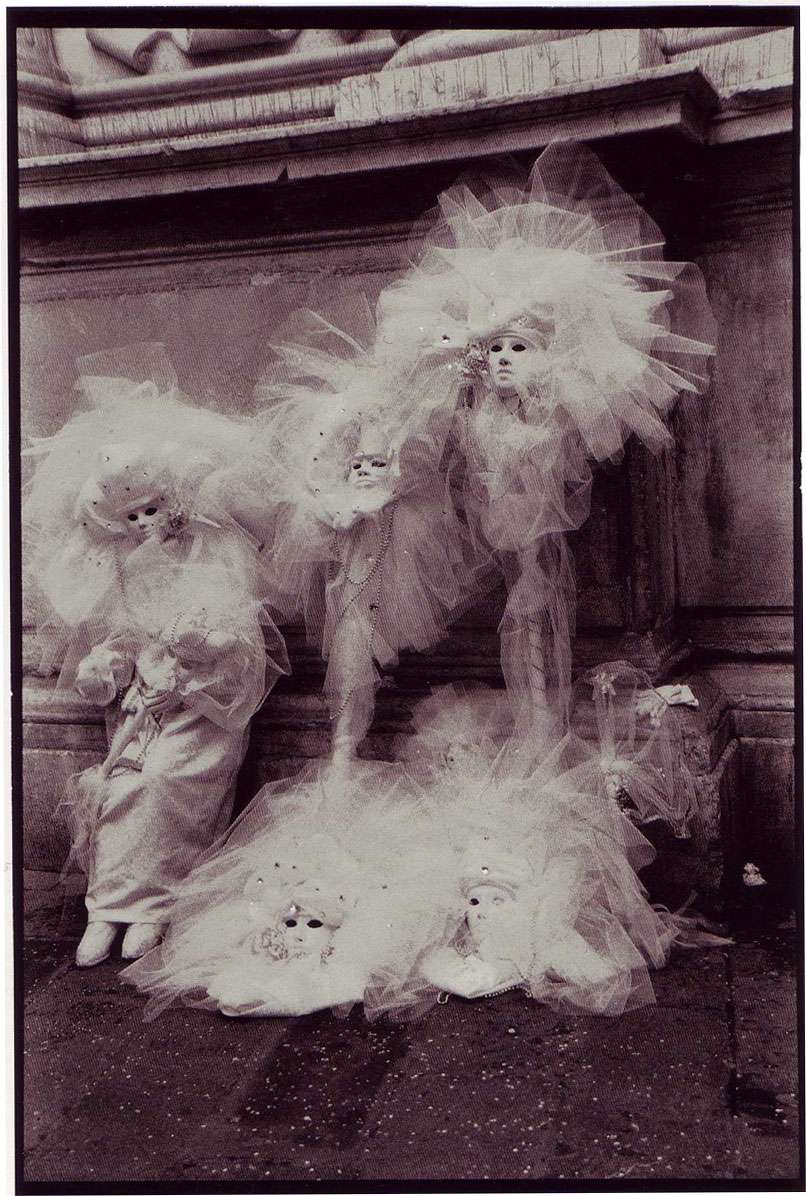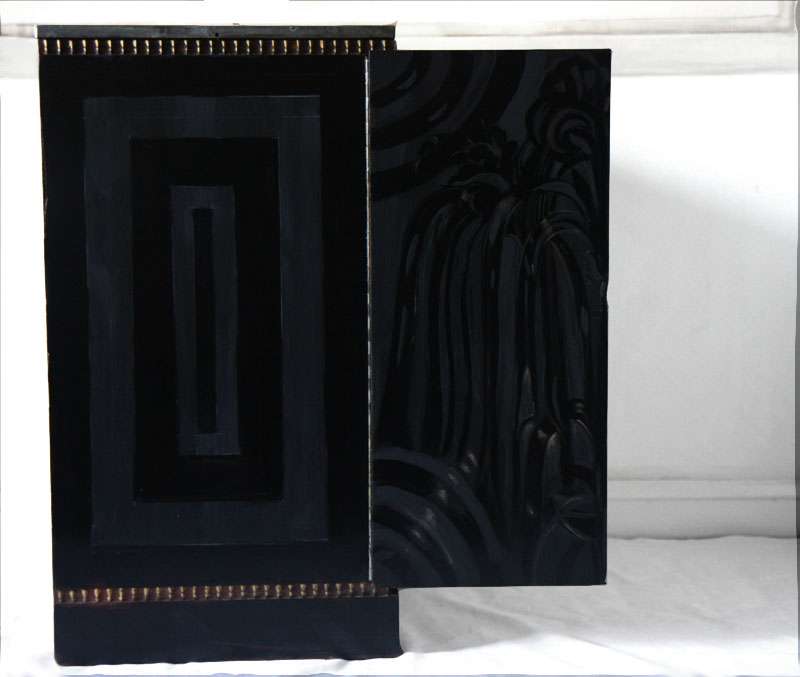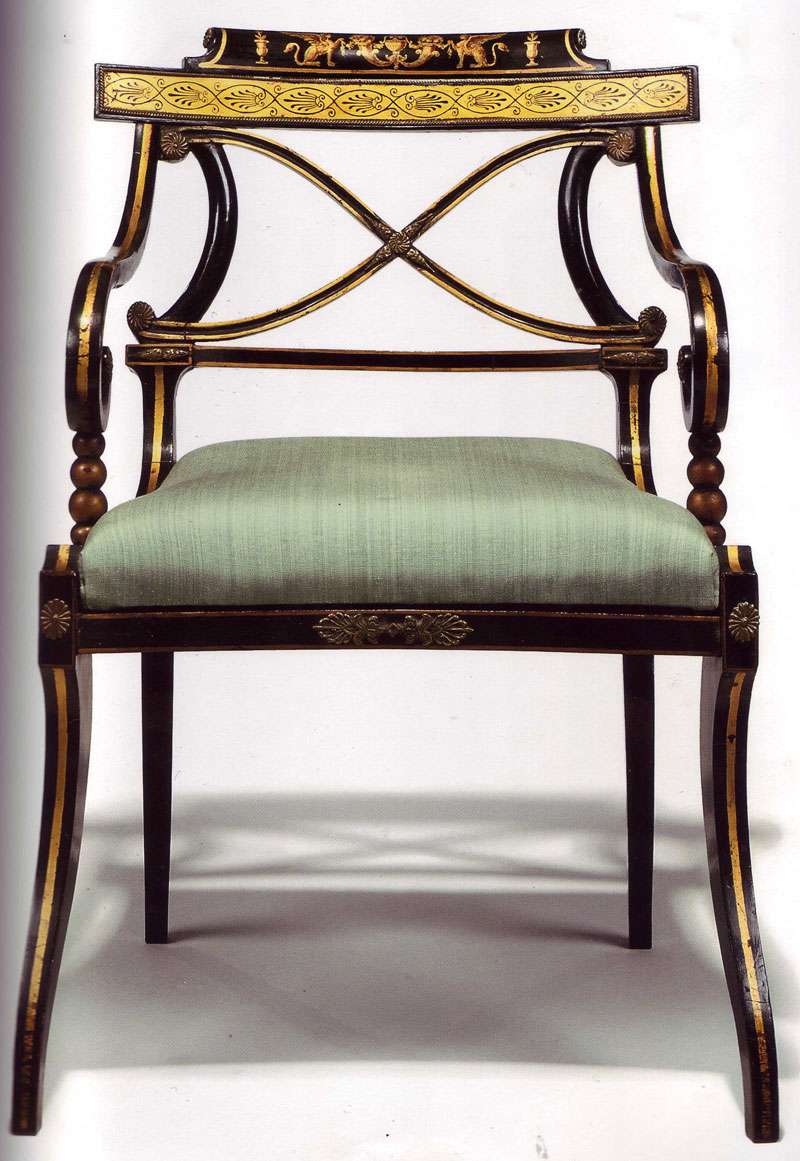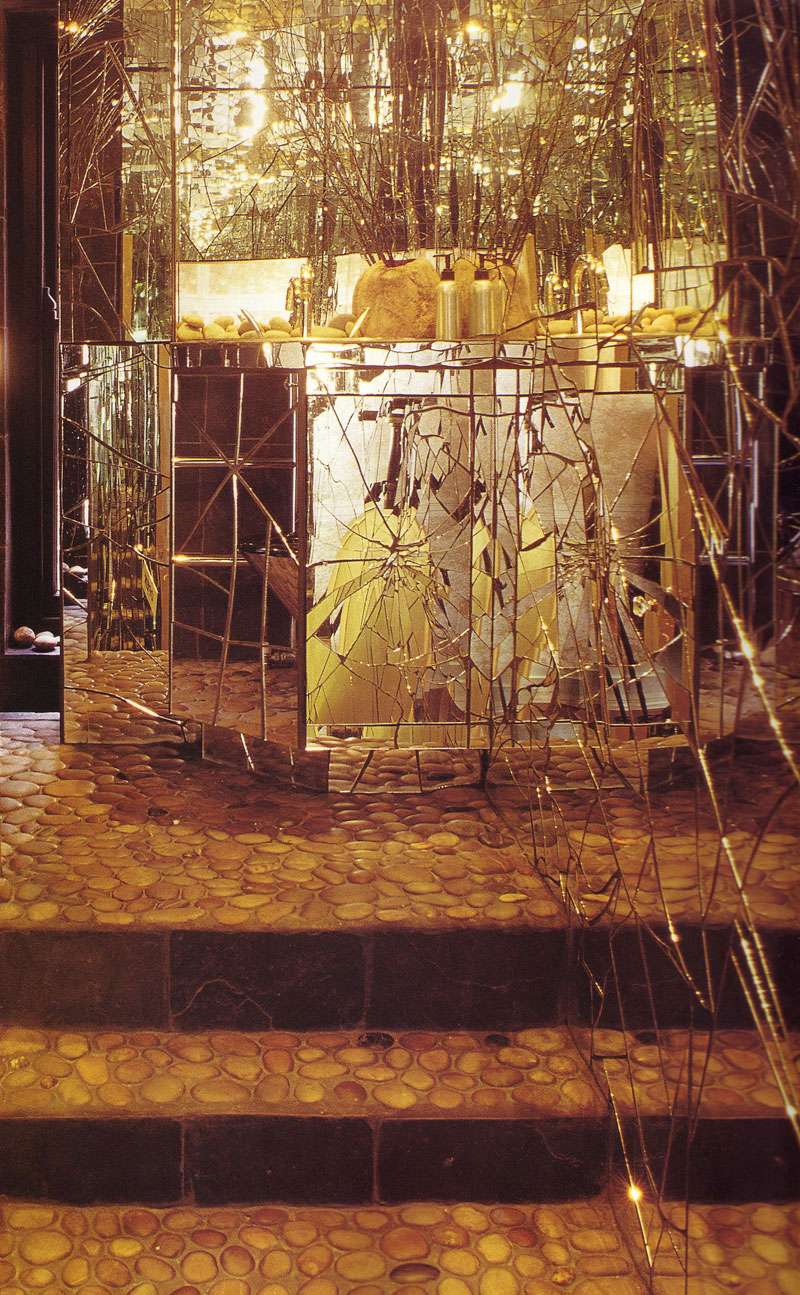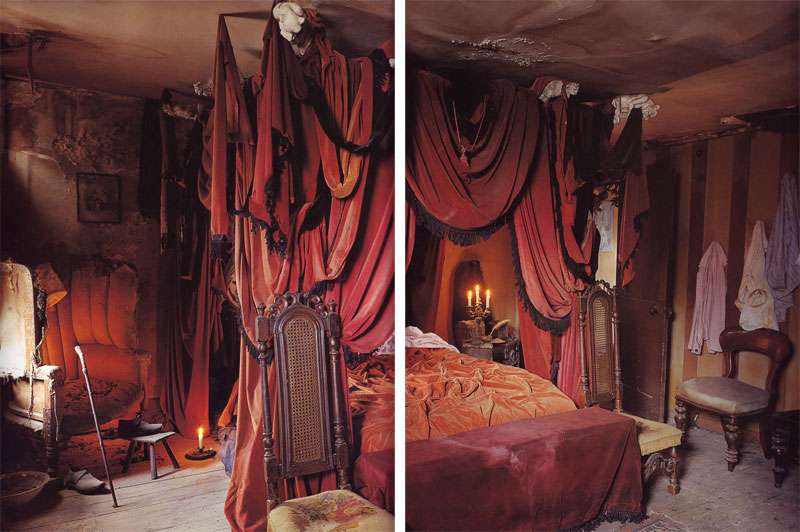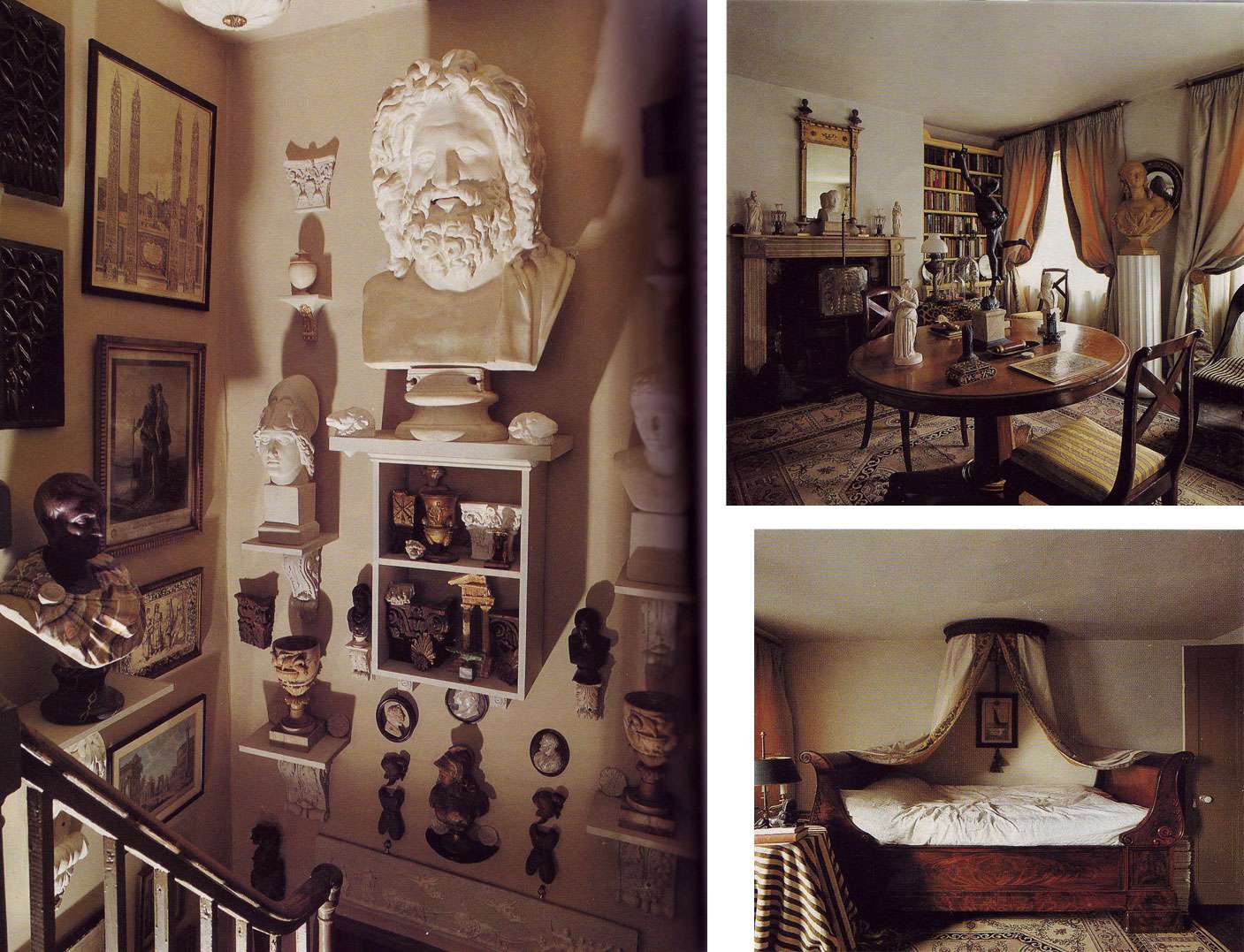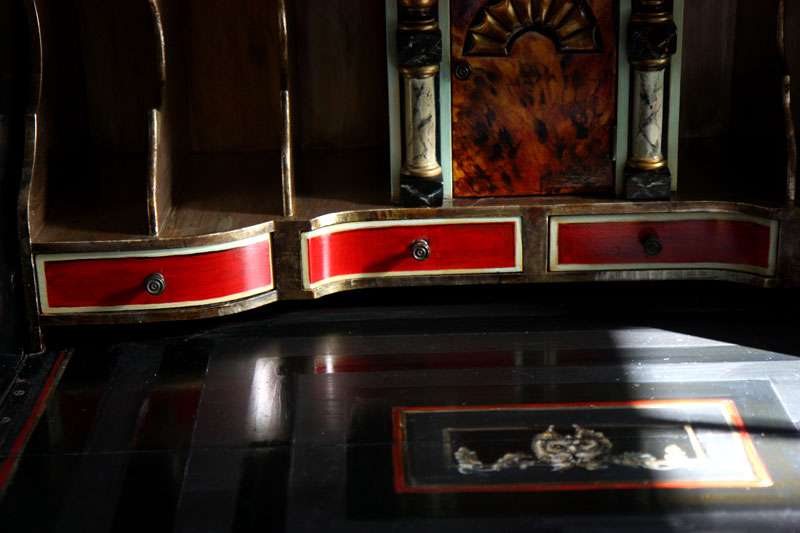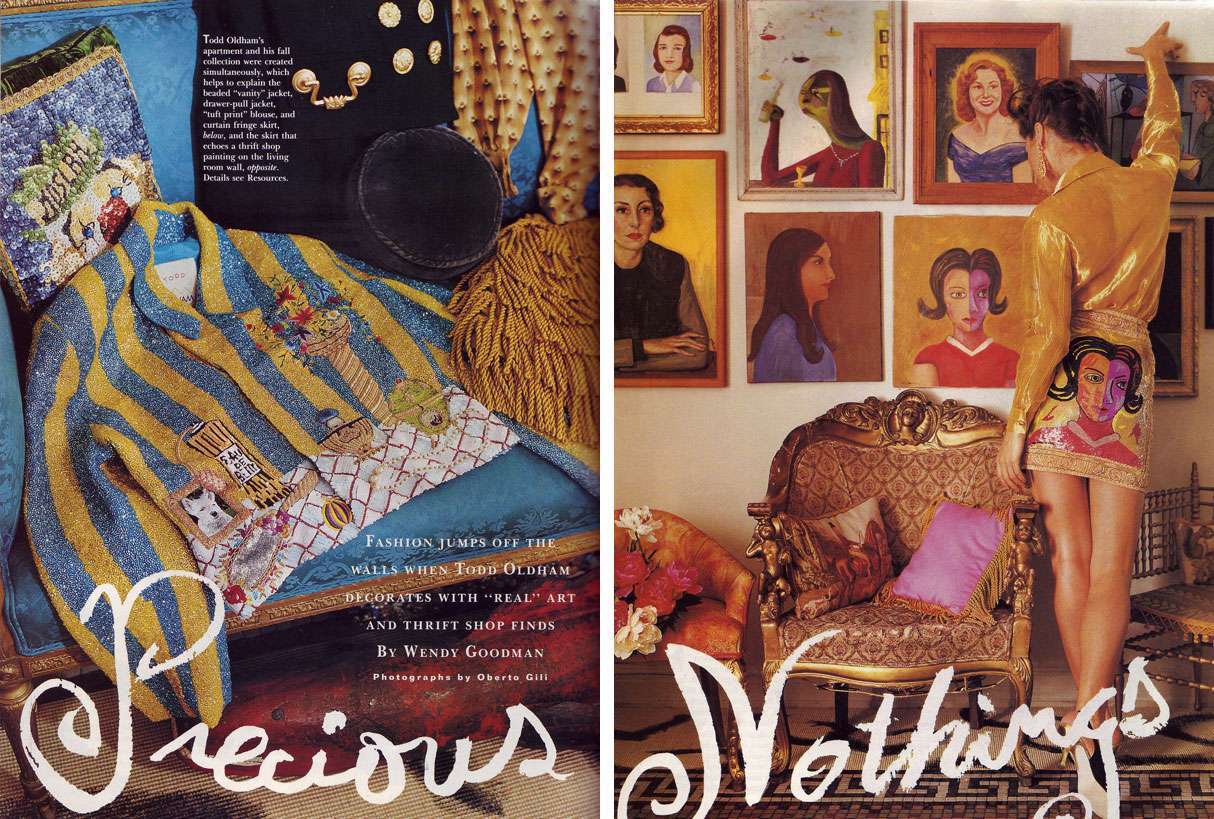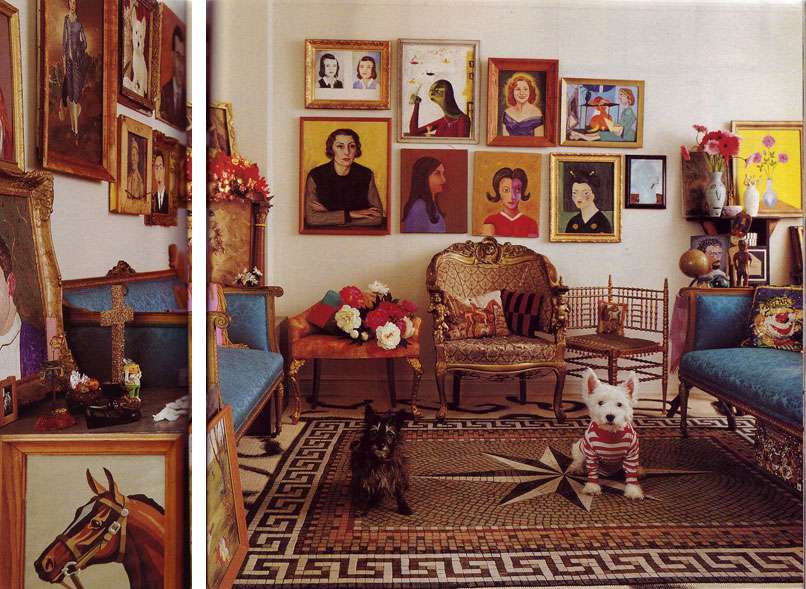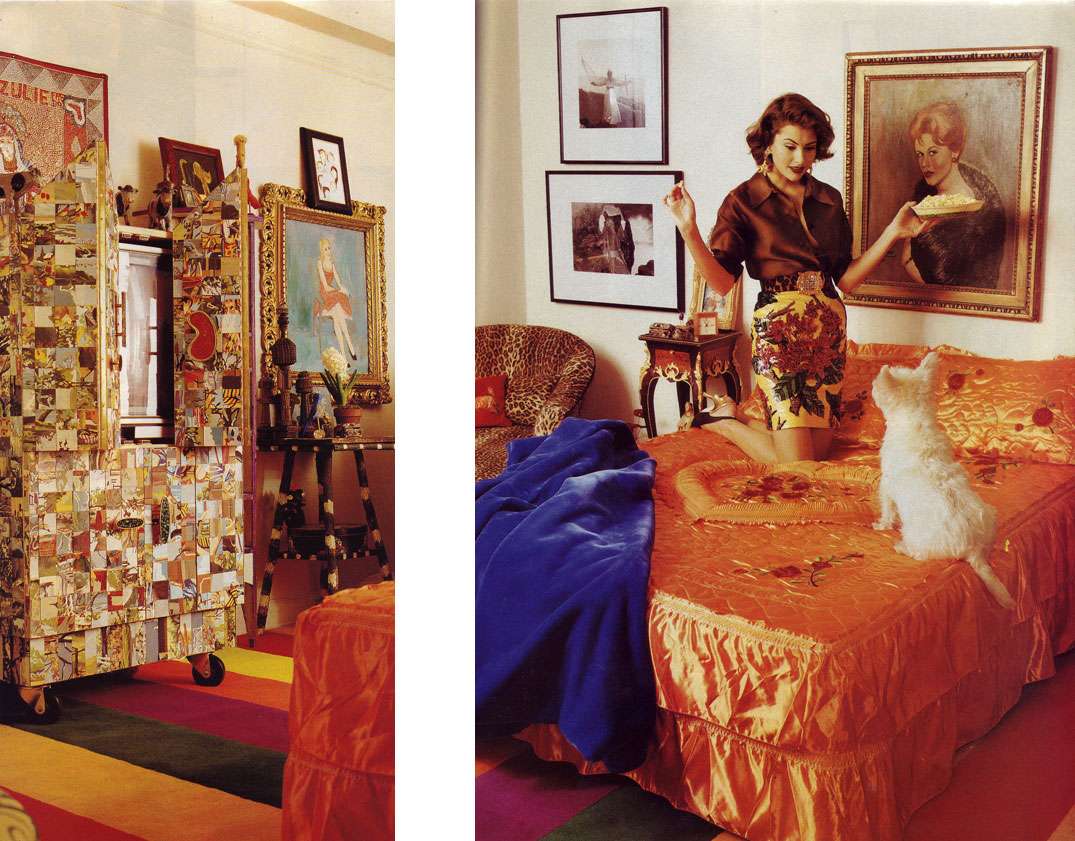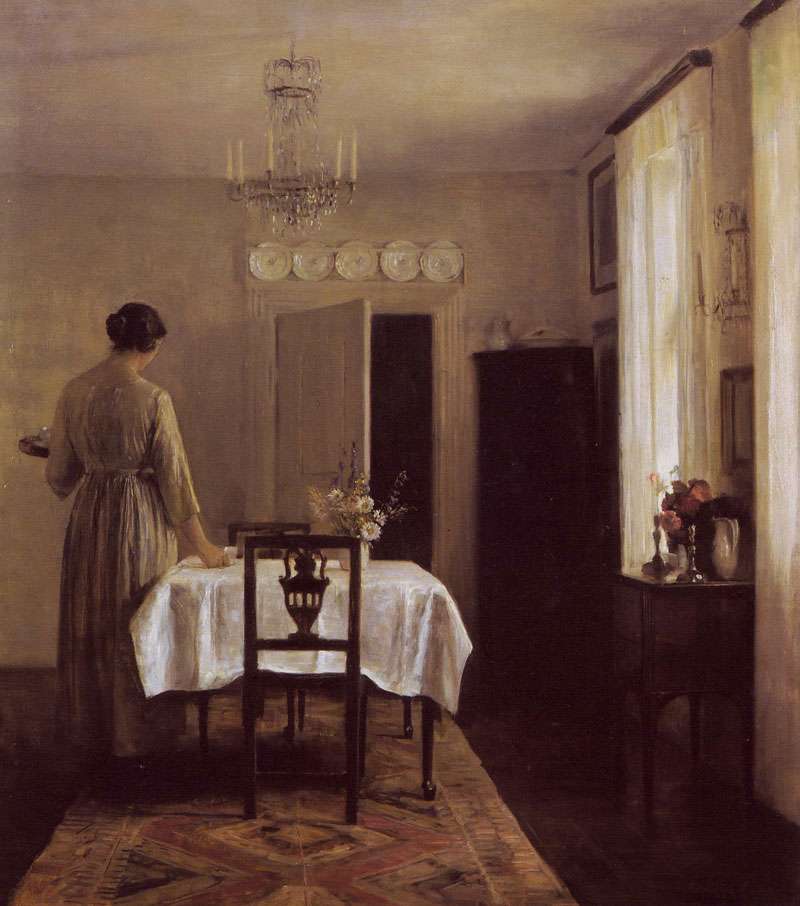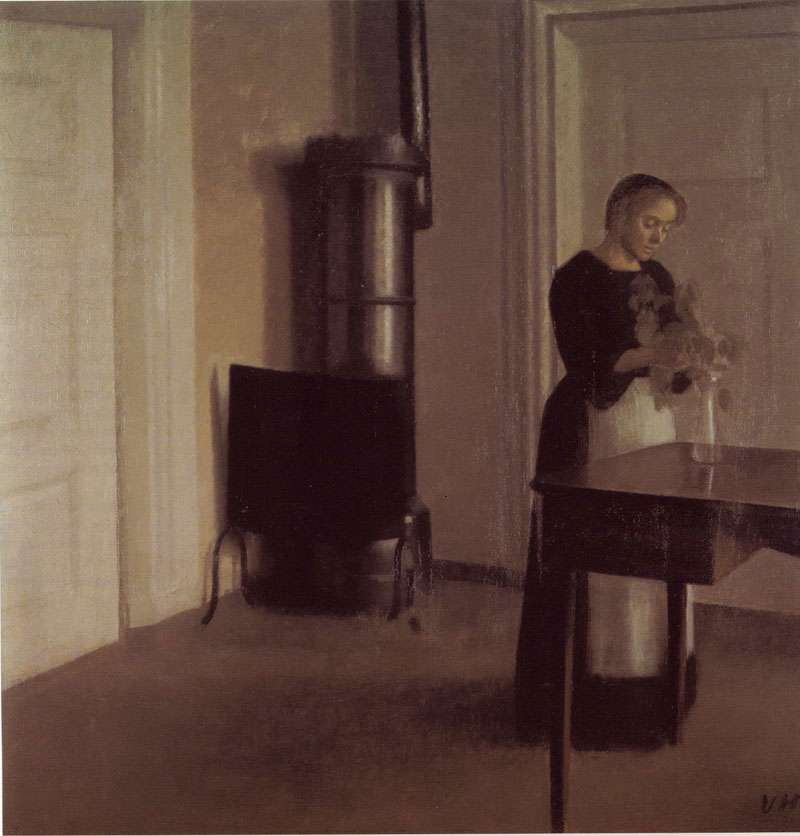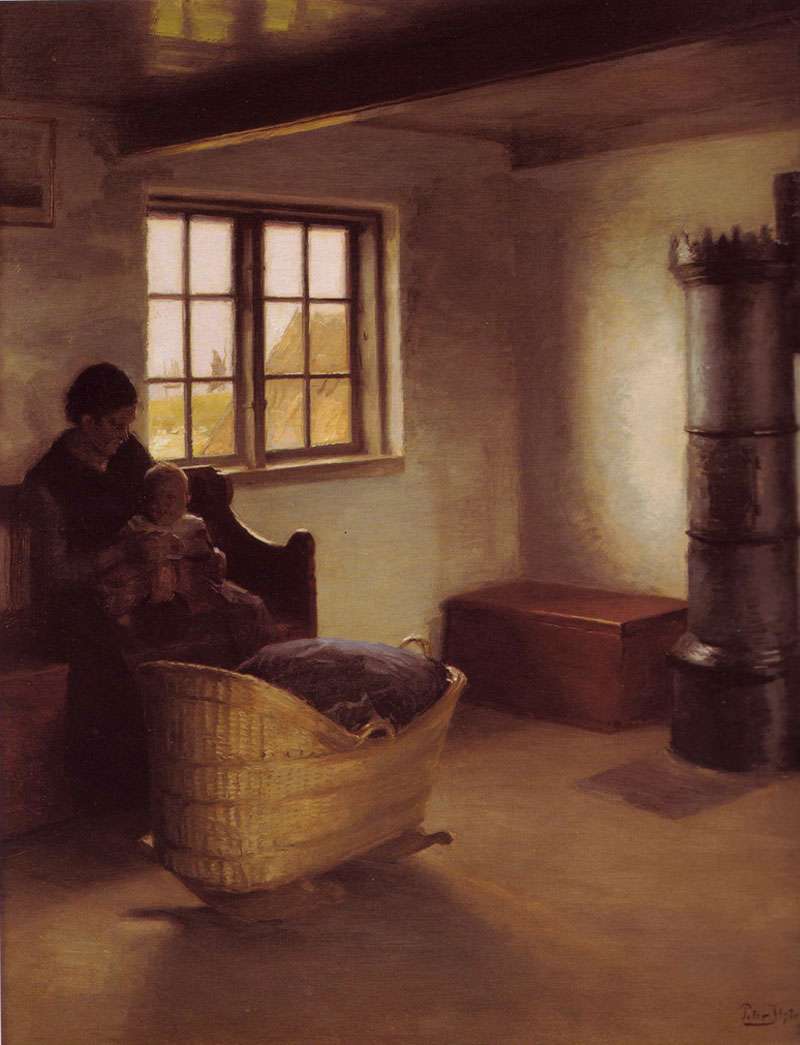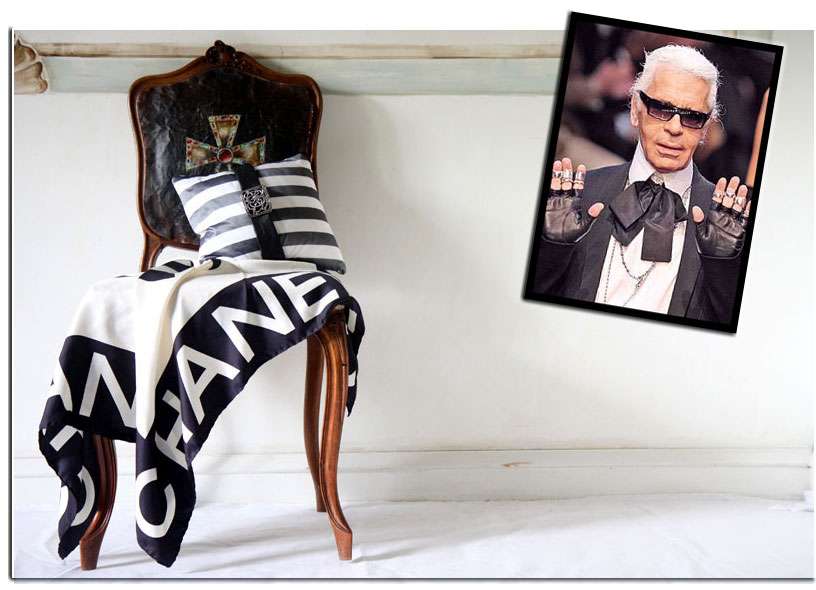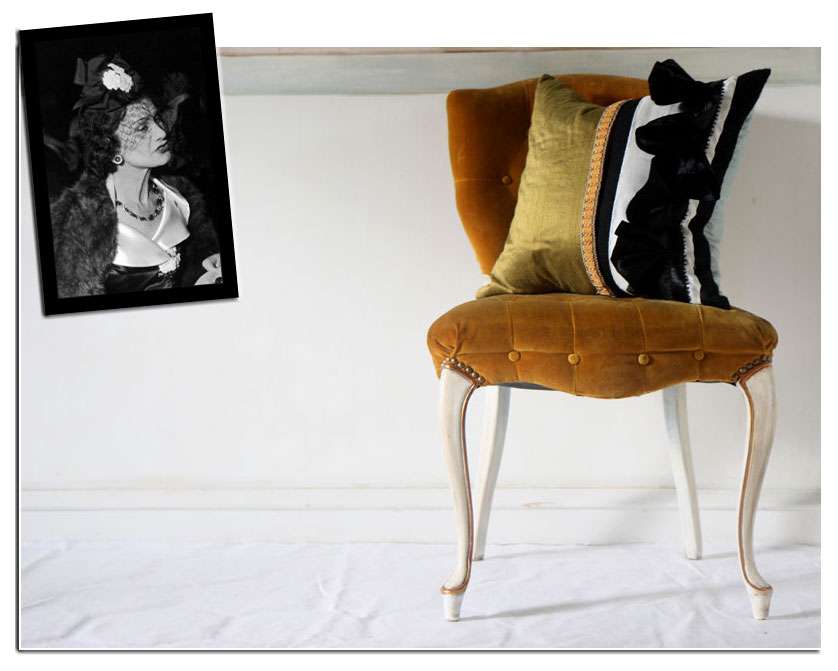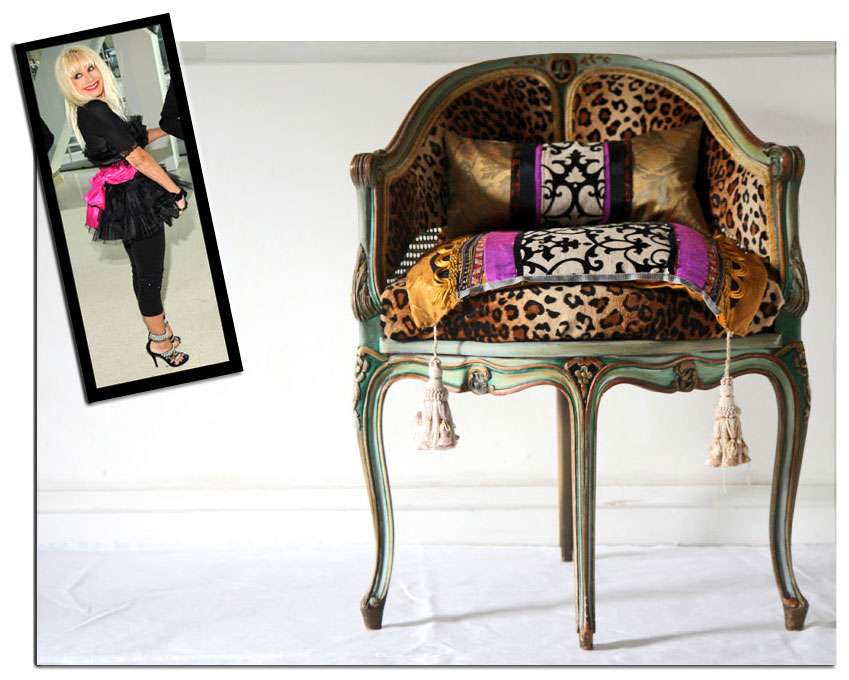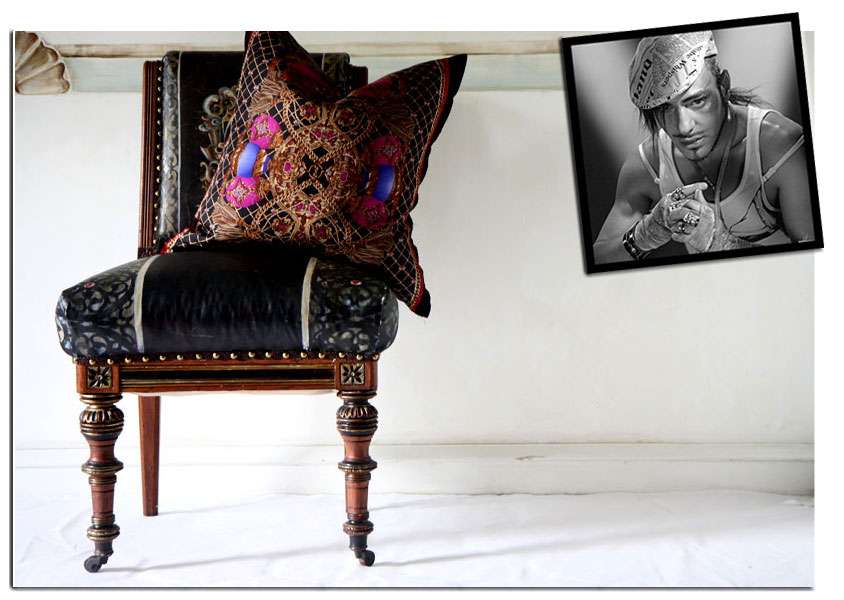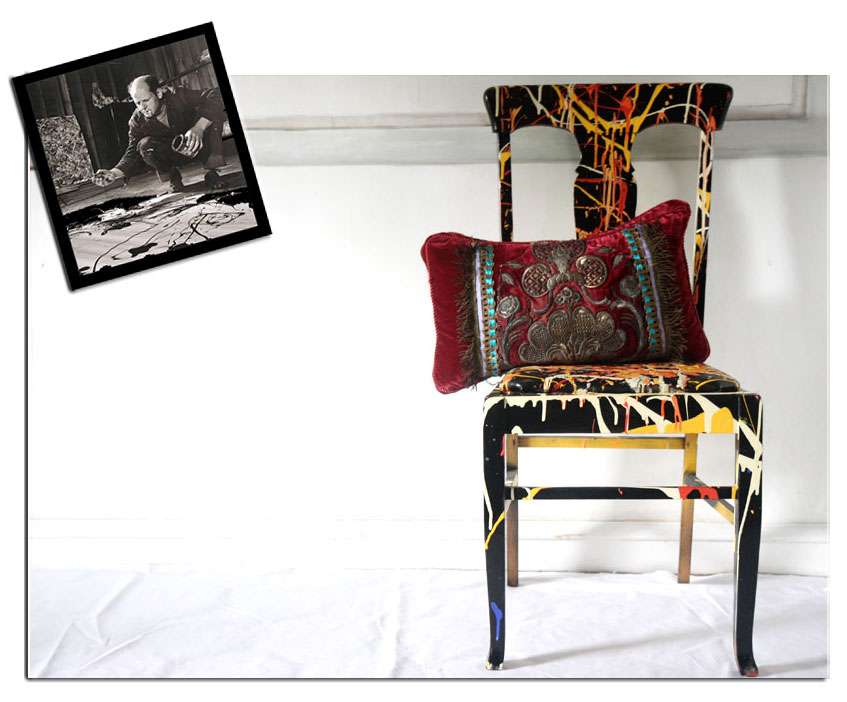The Cathay bedroom at Vizcaya was my first serious design love affair. It struck a chord, to the point where I was begging for a re-creation of the jester-like chinoiserie draped bed. I furiously plotted a room-renovation. It was my first design undertaking; I was OBSESSED. To this day, I still love the bed, and the heavenly combination of powdery aqua and gold, with peach thrown in for good measure (for which I still have a weird affinity). Delicious.
All of this got me thinking about creativity. I recently had a conversation about my cousin, who, like the beastly mother at Longleat, goes to great lengths to discourage what she sees as opulent displays of wealth and excessive materialism. When her youngest daughter (similarly infatuated with a fairytale bedroom) wanted silk drapes, she denied— "It's not my taste." When she saw my rack (or 10) of platform stilettos, she declared it a clear marker of someone with a "problem." It's one thing to be financially limited (and she is NOT); it's another to have moral opposition. My question is this. Is it possible to foster visual creativity with a staunchly anti-materialist and frankly Puritanical attitude?
From On Intelligence, by Jeff Hawkins:
Creativity can be defined simply as making predictions by analogy... Everyone has different life experiences. Therefore, everyone develops different models and memories of the world in his or her cortex, and will make different analogies and predictions. If I have been exposed to music, I will be able to sing songs in new keys and play simple melodies on new instruments. If I have never been exposed to music, I will not be able to make these predictive leaps... Our predictions, and thus our talents, are built upon our experiences.










